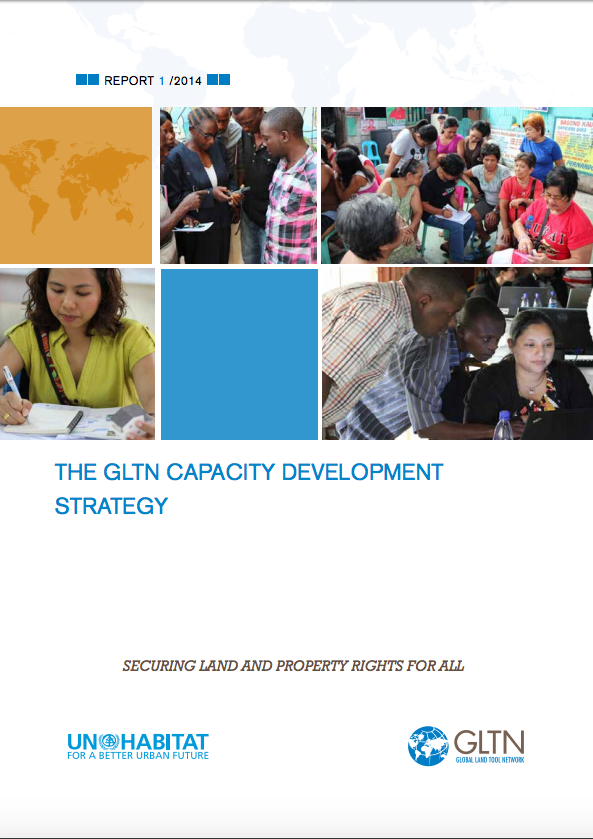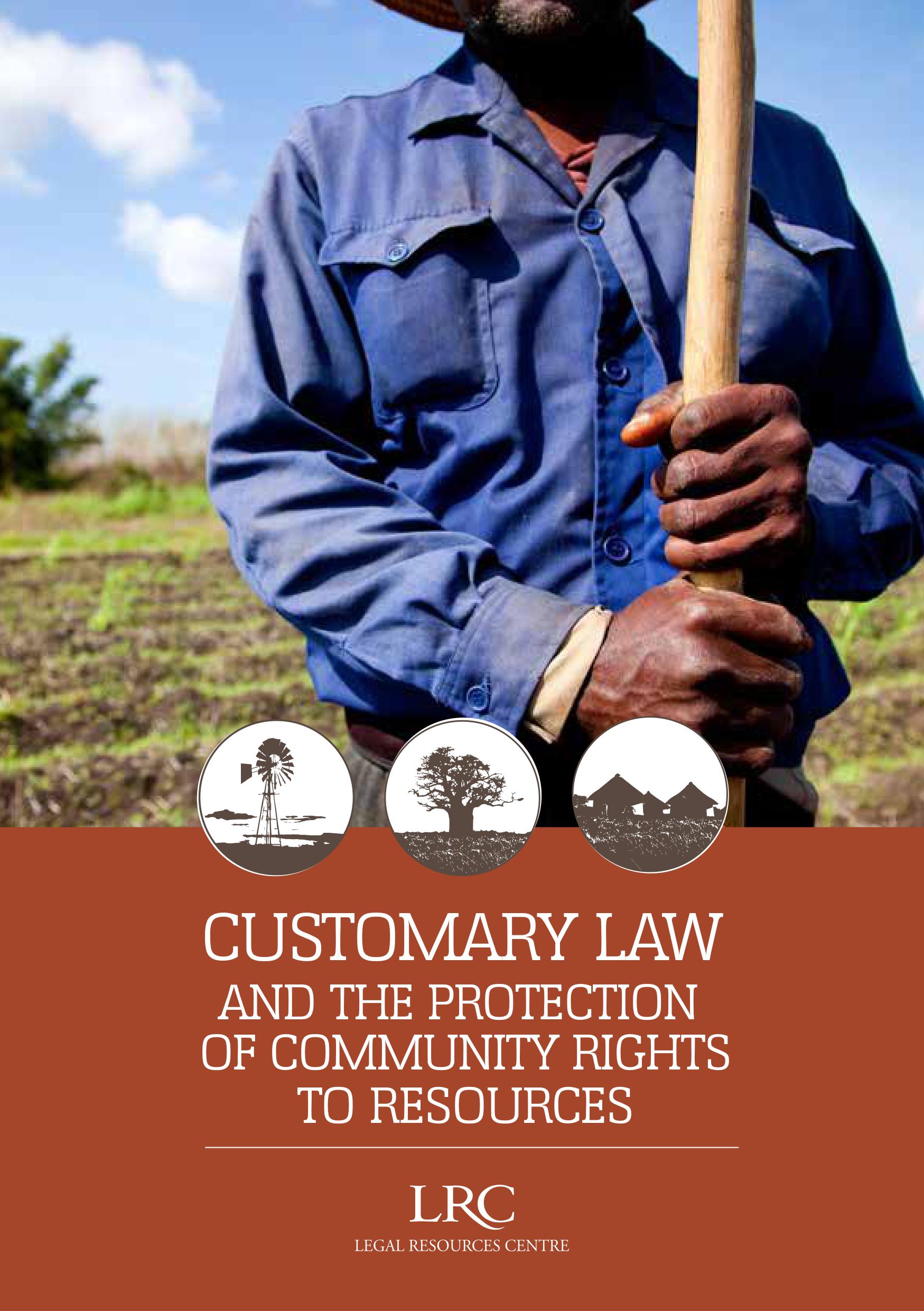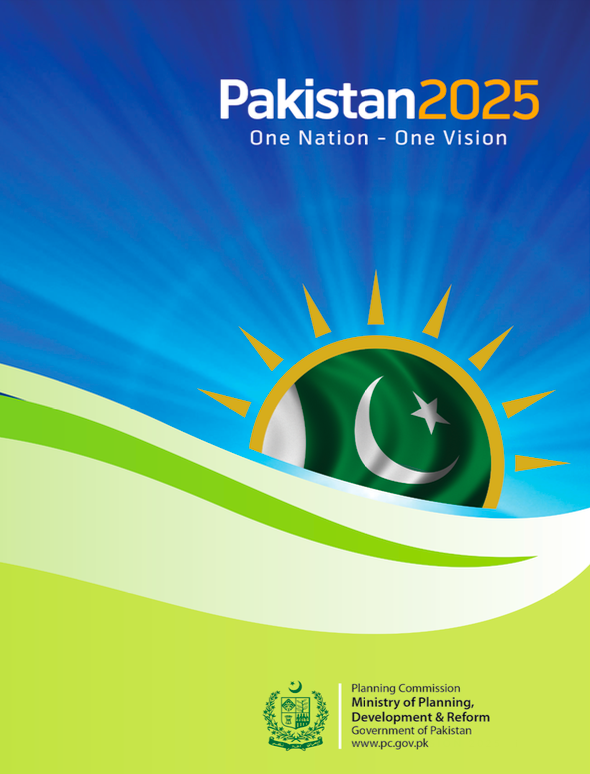Maize seed industry in Thailand: Development, current situation, and prospects
This paper provides the history of development; an analysis of the current industry’s structure, conduct, and performance; and a review of related regulations of the maize seed industry in Thailand. The lessons learned from the success of the maize seed industry in Thailand could provide implications for the development of the seed industry in other developing countries






